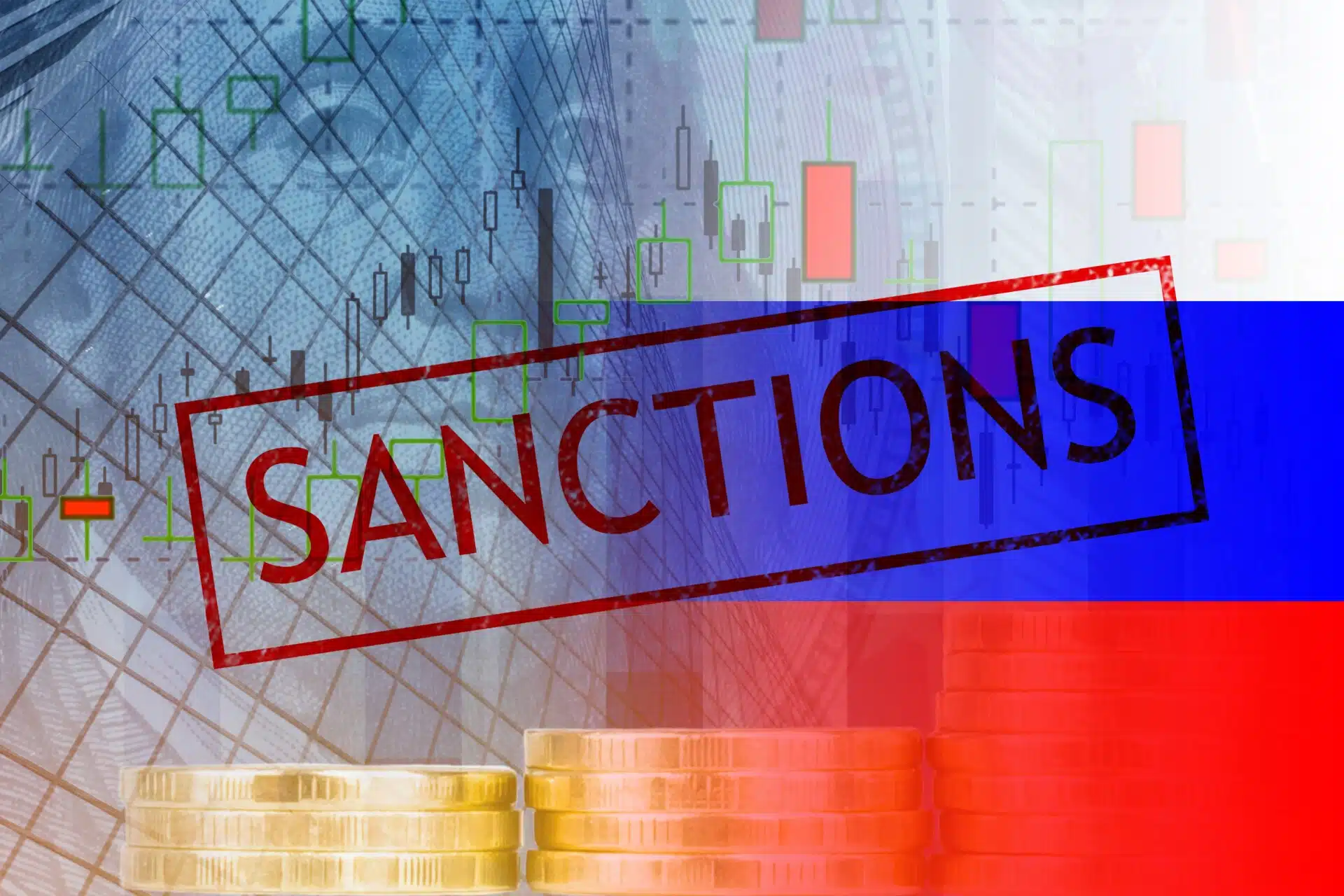The United States, European Union, and the United Kingdom are exerting pressure on Liberia, the Marshall Islands, and Panama to enhance their regulatory measures concerning vessels flying their flags. The objective is to ensure strict adherence to the prescribed price ceiling for Russian oil, as communicated to the respective nations. This information was disclosed by a reliable source familiar with the communications above on Friday.
Countries Try to Control $60 Oil Price Ceiling
The decision represents a further step in the Western nations’ endeavors to uphold the established $60 price threshold on maritime transportation of Russian petroleum. It was implemented as a punitive measure against Moscow in response to its involvement in the Ukrainian conflict.
The imposition of the cap to mitigate Russia’s export revenues while ensuring the uninterrupted global circulation of oil was initiated towards the end of 2022 and has commenced enforcement in recent times.
The mechanism restricts Western companies from engaging in maritime services, including transportation, insurance, and finance, which facilitate Russian oil trade exceeding the prescribed limit.
The Russian Federation has been compelled to rely more extensively on a fleet of antiquated tankers, colloquially referred to as the “ghost fleet,” to facilitate oil transportation and circumvent imposed limitations. The fleet in question is engaged in oil transportation to various countries, notably China and India, which are geographically distant from Russia’s customary clientele. This customer base expansion has resulted in a significant increase in shipping expenditures.
Some Countries Help Russia to Circumvent Sanctions
According to Lloyd’s List Intelligence and oil analysts, Panama, the Republic of the Marshall Islands, and Liberia have authorized certain vessels to fly their flags. The observed practice, commonly referred to as “flag hopping,” entails the utilization of certain shell companies established to facilitate trading Russian oil. These entities employ vessels registered under the flags of said companies, thereby evading sanctions.
According to Lloyd’s List Intelligence, it has been reported that approximately 40% of the total 535 dark-fleet tankers have chosen to establish their ownership through companies incorporated in the Marshall Islands.
The correspondence above warns the three countries about the growing instances of evading the G7 price cap on Russian petroleum. Additionally, it highlights the substantial peril associated with vessels that lack Western insurance coverage and related amenities while actively pursuing alternative flags of registration. A reliable source has relaid this information. The three nations in question are not currently susceptible to potential sanctions imposed by the Russian government.
Requests for comment from the embassies of the three countries in Washington should have been promptly addressed.
Much pressure is being put on Russia to follow the rules and use more expensive non-Western shipping options for oil transportation. The main goal is not to reduce the number of ships moving Russian oil along maritime routes but to ensure those rules are followed more closely.
The primary objective of this initiative is to provide an advantageous position to nations that procure petroleum from sources beyond the purview of the price-cap coalition, thereby enabling them to avail discounted oil supplies from Russia.
According to the source, Panama has historically demonstrated a willingness to address illicit activity in response to requests from the United States.
The collective entity is formally requesting Liberia and the Marshall Islands to enhance the dissemination of information within the trading community, emphasizing the imperative that their respective flags must not be employed for the transportation of oil exceeding the prescribed price limit.
The correspondence above bears the signatures of Lindsey Whyte, the esteemed individual occupying the position of head of international finance at the Treasury of the United Kingdom, John Berrigan, the distinguished head of the financial services unit at the European Commission, and Brian Nelson, the eminent official responsible for overseeing matters about terrorism financing at the Treasury of the United States. A reliable source has provided this information. Treasury, the British embassy in Washington, and the Delegation of the EU to the U.S. have yet to respond to the requests for comment.


